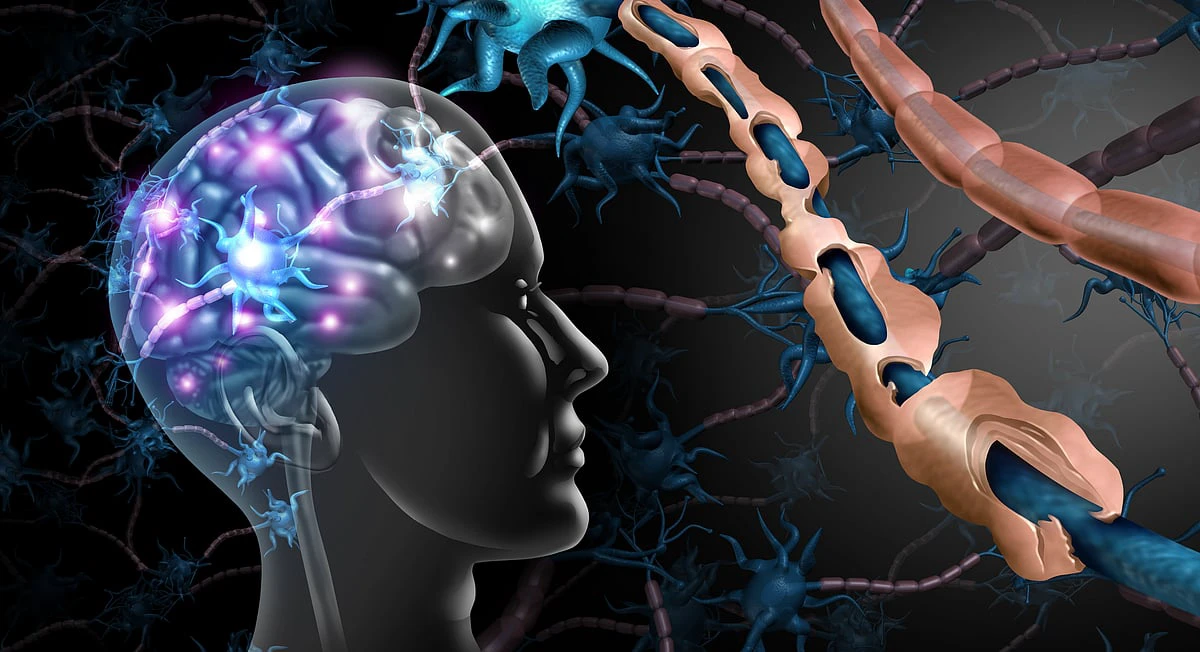Bengaluru: With over two lakh diagnosed cases in India and millions affected globally, Multiple Sclerosis (MS) continues to pose a major health challenge.
Experts at the ICTRIMS 2025 conference, held on Saturday by the Neurology Department of Nimhans, Bengaluru, emphasised the urgent need for early intervention and high-efficacy therapies (HETs) to prevent long-term disability.
Dr Jeremy Hobart, Consultant Neurologist, Derriford Hospital, UK, said that only early identification and stronger therapies can significantly delay progression. Dr Nethravati of NIMHANS highlighted that MS is most often detected between ages 25-35, with women disproportionately affected, urging timely diagnosis to “control MS in our hands.”
She also told DH that various Neurology departments across the country are working together to create a depository of data on Indians with MS, for research on the disorder in India.
Dr Satish Chandra of Apollo Hospitals noted the rising incidence of MS in India, stressing that advanced therapies must be used early to prevent relapses during people’s most productive years.
“We initially thought that the rise in the number of MS cases was just because the technology got better, but we found that was not the case. Instead, there are more cases now because we are following the West’s footsteps, with the change in lifestyles and food habits,” he told DH. He explained that while MS is an incurable disorder, it can be treated and brought under control for one to live “a good life.” With the help of medication, therapy, and physiotherapy, “MS cannot be managed with just one course of treatment, we need a multi-disciplinary course of treatment,” he said.
He added that while the factors that trigger MS may be genetics, viruses, or lifestyle choices, it can often be prevented with lifestyle changes and managed with early detection.
Experts agreed that personalised care, continuous monitoring, and HETs can preserve brain health, improve quality of life, and redefine MS treatment in India.
Hidden disorder
Multiple Sclerosis is an autoimmune condition of the central nervous system that often goes undiagnosed because its symptoms are not always visible. Delayed detection can lead to relapses and long-term disability. Those affected may experience fatigue visual disturbances cognitive problems muscle weakness and depression. International studies show that the condition is more common in women than in men and may be linked to stress or nutritional deficiencies.
